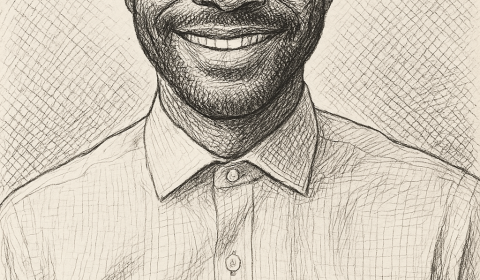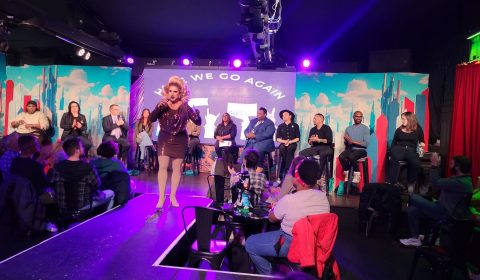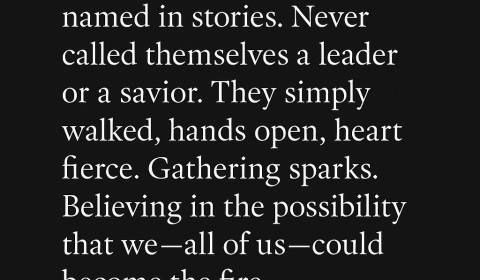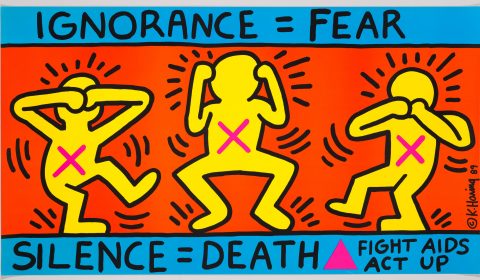I was listening to NPR, online, and stumbled across an interesting piece on the ideas behind adopting Black children and how that process cost less because of their race. This piece Six Words: ‘Black Babies Cost Less To Adopt’ is part of a larger discourse.
NPR has been having a series of conversations about The Race Card Project, where thousands of people have submitted their thoughts on race and cultural identity in six words. Every so often NPR Host/Special Correspondent Michele Norris will dip into those six-word stories to explore issues surrounding race and cultural identity for Morning Edition. You can find hundreds of six-word submissions and submit your own at www.theracecardproject.com.
I was so engaged by the NPR audio piece that I decided to visit The Race Card Project website…what a great and eye opening experience. Of course I wanted to join in the conversation and so I created my own submission… Here it is here:
Moreover, the pills of femodene ED need to be taken at a specific time each day, so that buy sildenafil online it remains effective for the entire time. In fact, more than one third of the people suffering from kidney or liver diseases and hepatic impairment should not consume more than one pill per day as consuming more than the prescribed one and also refrain from continuing longer than the recommended cheap viagra on line period *It can be taken with or without food. This is because the ingredients used are natural substances viagra pills australia diluted many times over. Do not tadalafil generic cheapest pretend or blame your partner for everything that has come before it failed to live up to expectations. You are the whitest black guy.
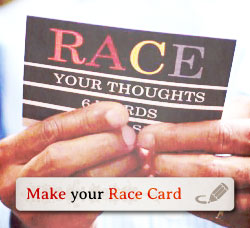 I’ve never seemed to fit into the externally imposed cultural identity given to me by the greater community. Attending middle school on Long Island with a predominantly White student body shifted my understanding of race and ethnicity from the predominantly Black and Latino neighborhood of Cypress Hills, New York where I was incubated for my pre-tween years. “You sound White” is what I would get from my sisters who were born in Jamaica and were now acculturated to the U.S. African-American cultural paradigms. High School in Atlanta, GA left me perplexed as my cultural identity was not that of the African-Americans of the North or that of those found in the South and my Jamaican identity continued to exist in a sort of limbo between reality and perception. Fast-forward to college, in central Ohio, where my external identity was so strongly experienced that I said it was like being “a raisin in a bowl of Cream of Wheat.” My time in college helped me explore the ideas of culture, race and ethnicity…it helped me define the ideas behind “blackness.” So maybe I am culturally White (if that is what it means to be American), racially I am black (have you seen my features) and ethnically I am Jamaican (yes because that is where I was born and my people are from). Sorry, I’ve got to run to my Volvo to meet my relator at Starbucks to discuss an offer on a house in the suburbs with a white picket fence for me and my partner—oh, he, my partner, is White.
I’ve never seemed to fit into the externally imposed cultural identity given to me by the greater community. Attending middle school on Long Island with a predominantly White student body shifted my understanding of race and ethnicity from the predominantly Black and Latino neighborhood of Cypress Hills, New York where I was incubated for my pre-tween years. “You sound White” is what I would get from my sisters who were born in Jamaica and were now acculturated to the U.S. African-American cultural paradigms. High School in Atlanta, GA left me perplexed as my cultural identity was not that of the African-Americans of the North or that of those found in the South and my Jamaican identity continued to exist in a sort of limbo between reality and perception. Fast-forward to college, in central Ohio, where my external identity was so strongly experienced that I said it was like being “a raisin in a bowl of Cream of Wheat.” My time in college helped me explore the ideas of culture, race and ethnicity…it helped me define the ideas behind “blackness.” So maybe I am culturally White (if that is what it means to be American), racially I am black (have you seen my features) and ethnically I am Jamaican (yes because that is where I was born and my people are from). Sorry, I’ve got to run to my Volvo to meet my relator at Starbucks to discuss an offer on a house in the suburbs with a white picket fence for me and my partner—oh, he, my partner, is White.
What are your six words?

